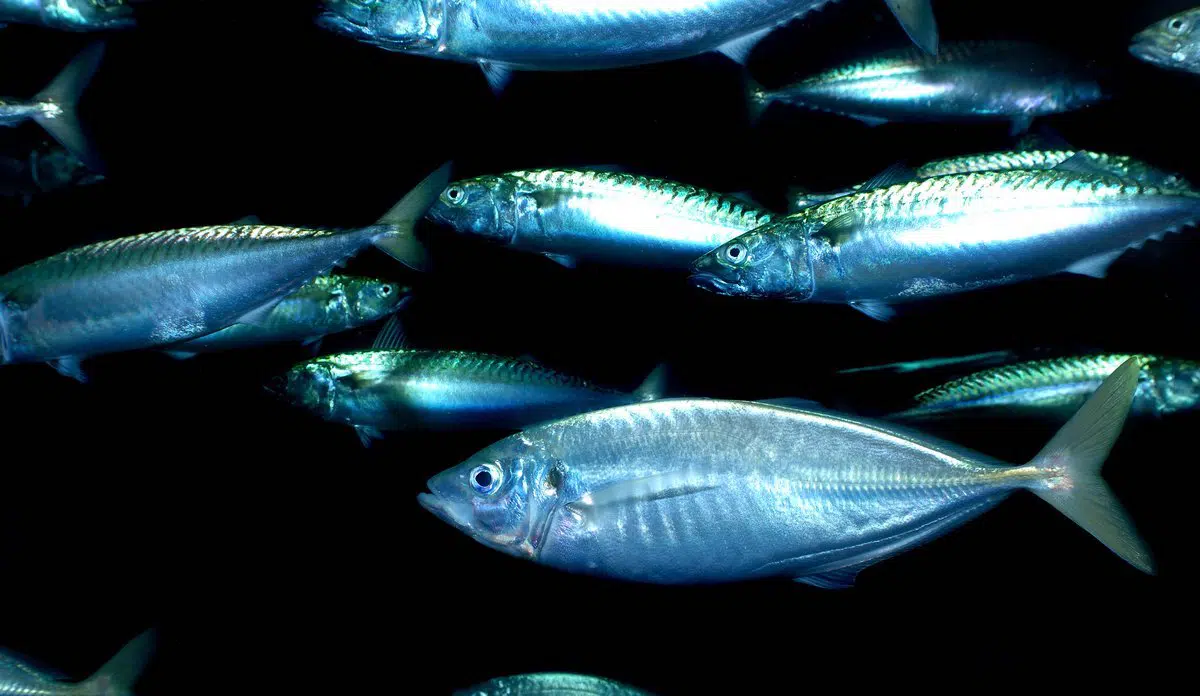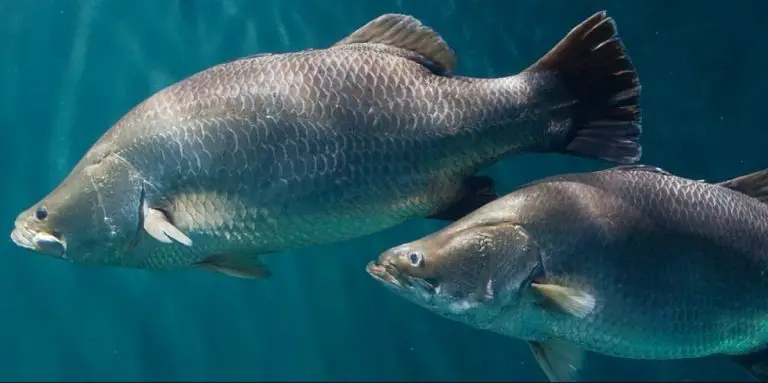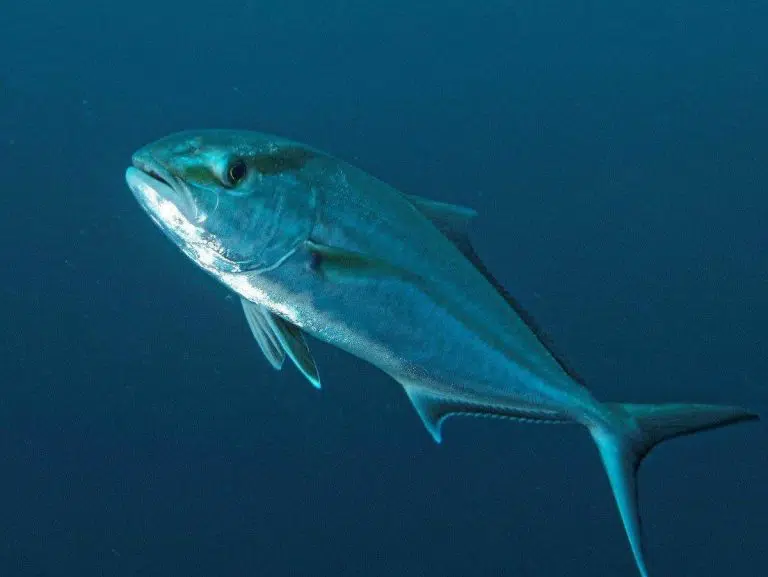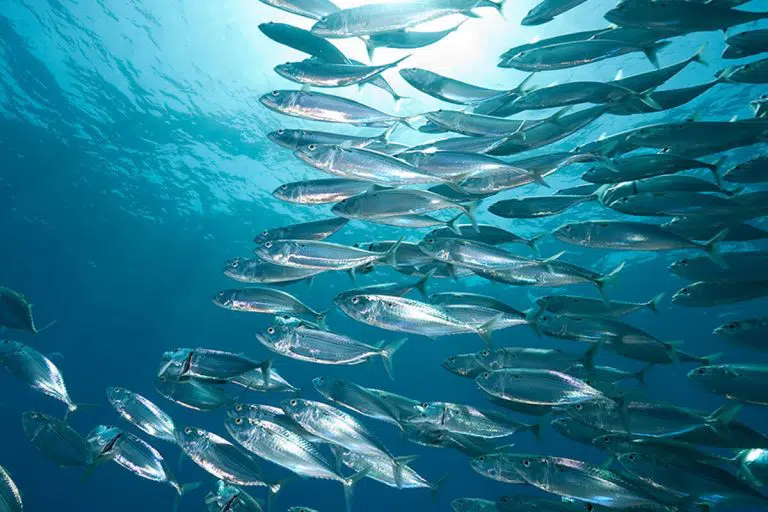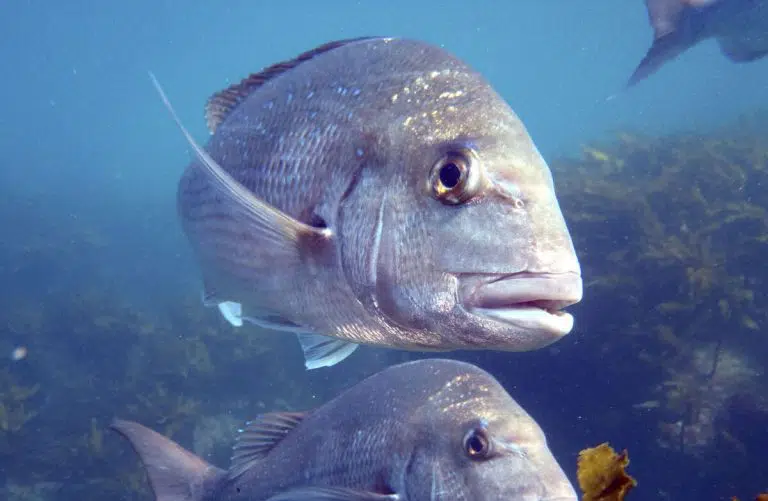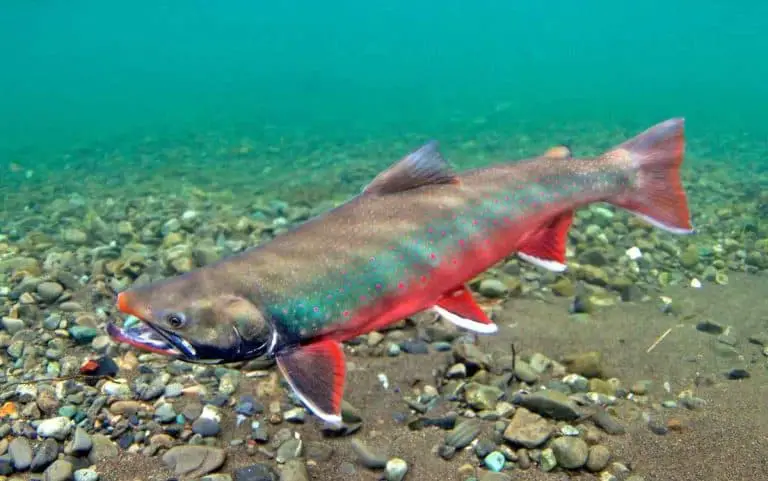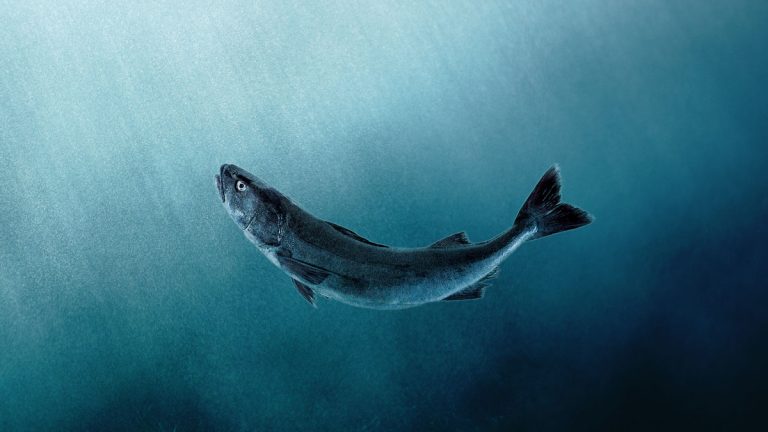Horse Mackerel
Source: Wild
Mercury Risk: Low
Aji, also known as horse mackerel or saurel, is one of the three types of mackerel commonly available in sushi bars, the others being saba and sawara. The term aji refers to any member of the horse mackerel family. When aji is ordered in a U.S. sushi bar, what often arrives at the table is a tasty sample of Atlantic horse mackerel, or Trachurus trachurus.
In Japan, however, aji is likely to mean ma-aji, or “true aji,” a different species of horse mackerel (T. japonicus). One may also encounter ma-aji in high-end U.S. sushi bars, especially on the West Coast. Also, be aware that aji may be advertised as “Spanish mackerel,” but true Spanish mackerel is actually called sawara.
The various species of horse mackerel are found in temperate areas throughout the world’s oceans. They are generally caught with gill nets, which don’t cause a lot of habitat damage. However, such methods do cause some bycatch, unintended species and juveniles that are caught and discarded, and have been known to entangle and kill marine mammals from time to time.
Horse mackerel stocks are thought to be strong, and the U.S. fishery is under solid management. Less is known about imported mackerel, but the vast majority of the aji consumed in the United States is caught by U.S. fishing vessels. Chances are the aji in your local sushi establishment is domestic, but it’s always a good idea to ask.
Domestic aji is a good choice at the sushi bar due to its innate resistance to fishing pressure, effective management, and strong populations. Also, this fish is not known to contain the same mercury levels as Spanish or king mackerel. For women who are pregnant or planning to become so, aji is a better choice than sawara.
Casson Trenor
Casson Trenor is a frequent commentator on sustainable seafood issues. He has been featured in regional, national, and international media outlets, including CNN, NPR, Forbes, New York Times, Boston Globe, Christian Science Monitor, San Francisco Chronicle, Los Angeles Times, Seattle Times.

